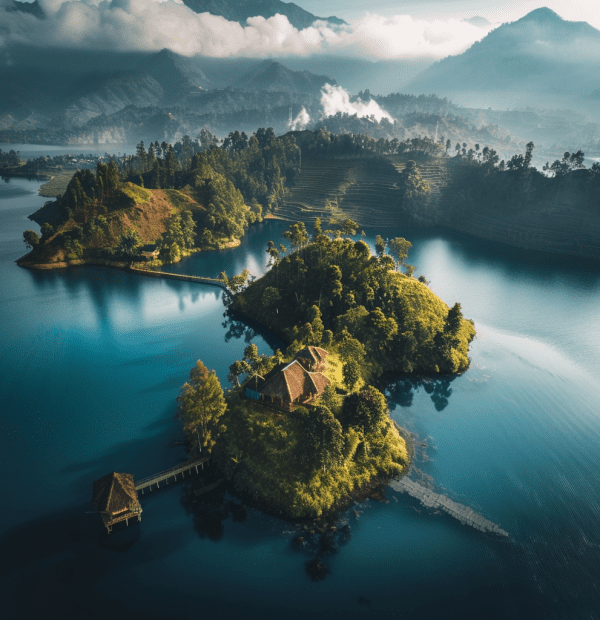Through the ages, humans have always had a fascination for exploring the unexplored. This drive has taken adventurers to places that were previously beyond even their wildest imaginations. The same is true of scuba diving, and it lives on with first descent expeditions; they are not for the fainthearted. These dives epitomise adventure as they take divers deep into underwater worlds where no one has ever set foot or laid eyes before. Being the first to discover and see an untouched submerged landscape offers a unique mix of excitement, danger and science.
What is a first descent?
A first descent expedition is an effort to go where no one has gone before in scuba diving. It involves visiting uncharted or undocumented places – that is, locations where the marine life, topography and conditions are unknown – for diving. These can be deep-sea dives or exploring hidden caves and wrecks; but what makes them all special is that these dives push divers into uncharted territories.
The Thrill of Exploration
The main drawcard to first descents is discovery – just imagine gliding through clear waters, turning a corner and suddenly seeing a never-before-seen coral formation filled with vibrant marine life up close. Or descending into darkness all alone only to find a shipwreck that’s been lying there undisturbed for centuries. Scenarios like these aren’t merely “cool”; they’re historical events adding more pieces to our planet’s puzzle in understanding vastly unexplored ecosystems.
The Challenges and Risks
Of course with great reward comes great risk; here are some of them – Unpredictable currents can ruin your day quickly, as can encounters with potentially dangerous wildlife (the larger variety). Navigation in new water can be tricky when you don’t know which way leads back home and if there’s no dive logs then you better trust your skills, experience and intuition. The list goes on.
Preparing for a First Descent
As you’d imagine, diving into the unknown requires extensive preparation – Divers visiting uncharted territory typically have advanced technical certifications. As well as navigation cert if there is such thing and wreck or cave penetration certs if it’s needed here; they also need to be very experienced- obviously. Their equipment must be top-notch with redundancy in mind as much as possible, safety first right? So multiple systems are installed to ensure a fail-safe. And of course the team needs to work together like a well-oiled machine.
The Rewards: More Than Just Adventure
Aside from each individuals ego getting stroked by discovering something no one has ever seen before in scuba diving; first descents offer real tangible rewards too. They help researchers understand marine biodiversity better, that then leads us to know what we can do to protect them better too; they assist in mapping underwater features which is useful for exploring teams and can even lead to finding new species.
First descent expeditions are the best scuba diving trips. They’re hard, but they’re full of new things and give us the chance to learn about our planet’s underwater life. For those who dare, these trips are a way for us to remind ourselves of how little we know about the world around us. Diving deep into the ocean is just as much a discovery trip as it is a responsibility call.


Leave a Reply